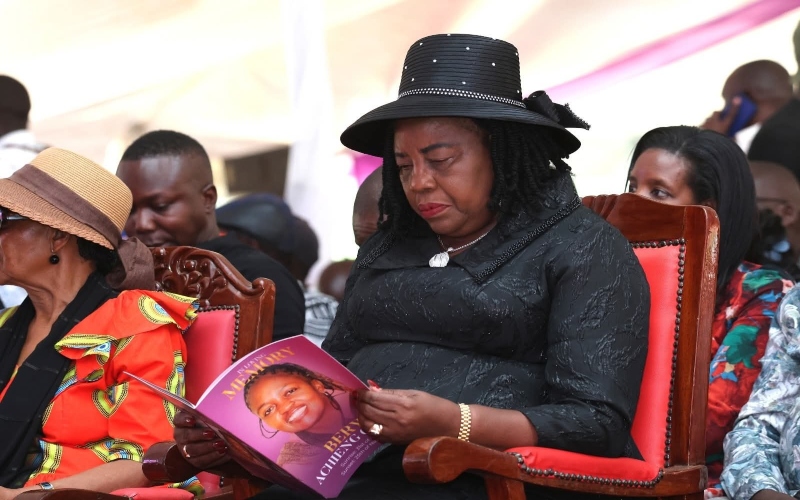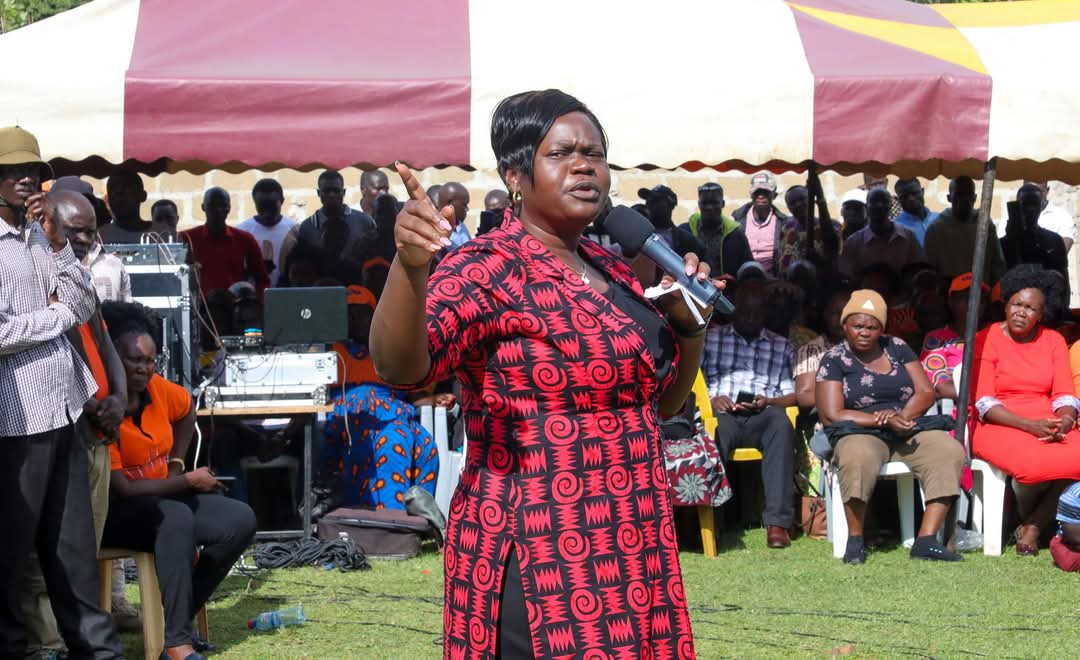Faith leaders call for more awareness to tackle endemic diseases as donor cuts bite

The leaders particularly call for increased awareness campaigns aimed at educating the public on the dire consequences of preventable diseases.
Faith-based leaders from across the country are calling for urgent and accelerated action to tackle the persistent challenges of poverty and endemic diseases in the country.
Addressing a conference in Nairobi on Wednesday, the religious leaders from diverse faiths stressed the urgency of immediate action, criticising the slow pace of current efforts.
More To Read
- Aid cuts to force Kenya, other African governments to rethink development in 2026
- Kenya to only approve donor projects with secured funding, aligned to national priorities - Treasury CS Mbadi
- US halts Sh64 billion in funding for mRNA vaccine projects
- Taxpayers lose Sh4.8 billion to interest payments on delayed donor projects - report
- 14 million people at risk as USAID officially closes its doors after 64 years
- Civil society groups in Garissa call for stricter oversight of NGOs misusing donor funds
Organised by the Africa Health and Economic Transformation Initiative (AHETI), the two-day summit seeks to categorically accelerate the fight against maternal mortality and cervical cancer, two of the most urgent and preventable health challenges.
AHETI is a pan-African initiative aimed at eradicating poverty, diseases endemic in Africa, namely, malaria, tuberculosis, HIV and AIDS, hepatitis B and diarrhoea by promoting efforts and policies to ramp up local production of pharmaceuticals in Africa.
The leaders particularly call for increased awareness campaigns aimed at educating the public on the dire consequences of preventable diseases.
Benda Kithaka, Executive Director of Kilele Health Association, noted that while essential services, policies and investments are already in place, the main challenge lies in their low uptake, mainly on the back of low awareness.
“What would be the need of having all these in place if the people they are meant for are not aware and willing to partake in them?” Kithaka questioned.
Clergy's trust
Also speaking during the forum, Nairobi Archbishop Philip Anyolo emphasised the need to push for more awareness from the religious front, riding on the privilege of having the trust of millions.
“As shepherds of our communities, we must not only preach about dignity and life, we must protect it. This moment demands more than prayer; it demands action,” Anyolo said.
According to AHETI, Kenya reports 342 maternal deaths per 100,000 live births, while cervical cancer remains the leading cause of cancer-related deaths among Kenyan women, claiming over 3,500 lives annually.
“Despite the availability of the HPV vaccine, national uptake remains below 30 per cent, hindered by misinformation, stigma and limited access,” the initiative said.
The calls to push for more awareness creation, especially among women, come against the backdrop of the looming extended crisis stemming from the donor funding cuts, particularly from the United States Agency for International Development (USAID).
Funding from the agency has historically been one of the largest contributors to health programs in East Africa.
A recent report by Kenyan civil society groups shows that at least 150 clinics were forced to close after the US announced the funding cut in March.
The societies also revealed that the funding shutdown had affected 72,000 HIV patients as a result of the dwindling supplies of antiretroviral drugs.
Top Stories Today
















































